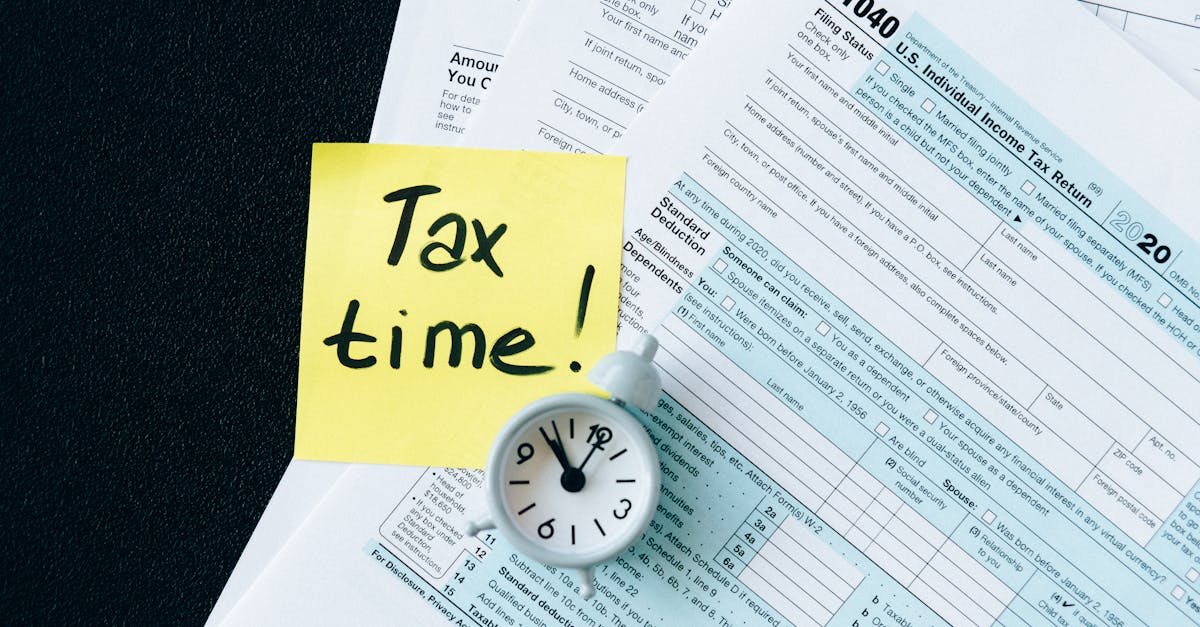As of August 2025, the question on many Americans’ minds remains: Are new IRS stimulus checks coming this year? With persistent inflation, fluctuating housing costs, and ongoing economic uncertainty, rumors about a new round of direct payments continue to circulate widely across social media, news outlets, and community forums. From viral TikTok videos to forwarded text messages, claims of “$1,400 stimulus checks arriving soon” have sparked both hope and confusion.
Here’s the reality: As of August 22, 2025, there is no active federal stimulus check program authorized by Congress or being distributed by the Internal Revenue Service (IRS). The last economic impact payments were issued in 2021 under the American Rescue Plan Act. While several state and local governments have introduced targeted relief programs, no nationwide stimulus checks have been approved for 2025.
That said, understanding eligibility for past payments—and knowing how to prepare in case new relief is introduced—is still critical. This comprehensive guide will clarify who qualified for previous stimulus checks, address common misconceptions, and provide authoritative, up-to-date information based on IRS guidelines and federal legislation. Whether you’re a retiree, a working parent, a veteran, or someone with a low income, this article will help you navigate the facts and avoid scams.
Understanding the Current Landscape: No Federal Stimulus Checks in 2025
Despite widespread rumors, no new federal stimulus checks have been approved or distributed in 2025. The U.S. Congress has not passed legislation authorizing direct payments to individuals this year. The IRS has not announced any new Economic Impact Payment (EIP) program.
However, it’s important to understand why confusion persists:
- State-level relief programs in California, New Mexico, Colorado, and others have issued one-time payments to eligible residents, often mistaken for federal checks.
- Misinformation spreads quickly online, with fake websites and scam text messages falsely claiming “IRS stimulus payments are being processed.”
- Past eligibility rules are still relevant for people claiming missing payments through the Recovery Rebate Credit.
🔍 Key Takeaway: If you receive a message saying you’ve been approved for a 2025 stimulus check, verify it through official IRS channels—do not click links or provide personal information.
Who Qualified for Previous Stimulus Checks?
To understand potential future eligibility, it helps to review the criteria used in the three major rounds of federal stimulus payments issued between 2020 and 2021:
- First Stimulus (March 2020) – Up to $1,200 per adult
- Second Stimulus (December 2020) – Up to $600 per adult
- Third Stimulus (March 2021) – Up to $1,400 per individual
While these programs are closed, their eligibility rules form the basis of any future federal relief.
Income Thresholds and Filing Status
Eligibility was based primarily on adjusted gross income (AGI) from your most recent tax return (2019 or 2020), along with filing status and dependent status.
Example: Maria, a single mother with two children and an AGI of $68,000, received $2,400 in the third round ($1,400 for herself + $1,000 for her two dependents).
Payments were reduced by 5% of income above the threshold. For example, a single filer with $77,000 AGI would receive a reduced check.
Dependents and Children
For the first time in the third stimulus round, dependents of all ages qualified for $1,400 each. This included:
- Children under 17
- College students (up to age 23 in some cases)
- Disabled adult dependents
Parents and guardians who claimed dependents on their tax returns received additional funds per qualifying individual.
💡 Note: If you had a baby in 2020 or 2021, you could claim the missing stimulus amount using the Recovery Rebate Credit when filing your 2021 or 2022 tax return.
Special Eligibility Groups: Who Else Qualified?
Even if you don’t typically file taxes, you may have been eligible for past stimulus payments. The IRS expanded access to ensure vulnerable populations weren’t left out.
Social Security Recipients
Millions of seniors and individuals receiving Social Security Retirement, SSDI, SSI, Railroad Retirement, or VA benefits automatically received stimulus checks without filing a tax return.
- The IRS used Form SSA-1099 or RRB-1099 data to issue payments.
- Even those with $0 income qualified if they had a valid Social Security number.
✅ Good news: If you’re on Social Security and didn’t receive a payment, you can still claim it via the Recovery Rebate Credit.
H3: Veterans and VA Beneficiaries
Veterans receiving VA disability compensation, pension, or survivor benefits were eligible if they had a valid SSN and weren’t claimed as a dependent.
- The IRS partnered with the Department of Veterans Affairs to deliver payments automatically.
- Over 1.4 million veterans received payments without filing taxes.
Incarcerated Individuals
A federal court ruling in Robbins v. IRS (2021) determined that incarcerated individuals have the right to receive stimulus checks. However, many were initially denied.
- If you were incarcerated in 2020 or 2021 and didn’t receive your payment, you may still be able to claim it via the Recovery Rebate Credit.
- The National Consumer Law Center and other advocacy groups continue to assist with back claims.
Non-Citizens and Mixed-Status Households
One of the most misunderstood areas involves immigration status.
- Only individuals with a valid Social Security number qualified.
- Non-citizen spouses or dependents without SSNs made households ineligible in early rounds—but this changed with the American Rescue Plan.
- Under the third stimulus, if one spouse had an SSN (e.g., a U.S. citizen), the household could receive a partial payment.
🛑 Important: ITIN (Individual Taxpayer Identification Number) filers generally did not qualify unless they met specific exceptions in the third round.
Can You Still Claim Missing Stimulus Payments in 2025?
Yes—you may still be entitled to money even if you didn’t receive a stimulus check in 2020 or 2021.
The IRS allows eligible individuals to claim missing payments using the Recovery Rebate Credit when filing a tax return. The deadline to claim for the 2021 payment was April 15, 2025, for most taxpayers.
Who Should File for the Recovery Rebate Credit?
You should consider claiming the credit if:
- You didn’t receive one or more stimulus checks.
- You had a baby or adopted a child in 2020 or 2021.
- Your income was below the threshold but you didn’t file taxes.
- You were released from incarceration and now have access to financial records.
- You’re a low-income worker who didn’t file due to lack of earnings.
📌 Example: James, a part-time worker with $8,000 income in 2021, didn’t file taxes. He qualifies for the third stimulus check ($1,400) and can claim it via the Recovery Rebate Credit on his 2024 tax return (filed in early 2025).
How to Claim the Credit
- File a 2024 tax return (even if you have no income).
- Use Form 1040 or 1040-SR.
- Complete the Recovery Rebate Credit worksheet (found in the instructions).
- Include your Notice 1444 (EIP letter) if available.
- Submit to the IRS by the filing deadline.
The IRS offers free tax preparation services through:
- IRS Free File (www.irs.gov/freefile )
- Volunteer Income Tax Assistance (VITA) programs
- AARP Tax-Aide (for seniors)
How to Check Your Stimulus Payment Status
Even though no new checks are being issued, you can still verify past payments using the IRS’s official tool.
Use the IRS “Get My Payment” Tool
While the original “Get My Payment” portal was retired, you can still access your payment history:
- Visit IRS.gov and log in to your IRS Online Account.
- Navigate to “Tax Records” > “Get Transcript”.
- Request a “Tax Account Transcript” for 2020 or 2021.
- Look for entries labeled “EIP1,” “EIP2,” or “EIP3.”
Alternatively, check your bank statements or IRS Notice 1444, which was mailed after each payment.
🔐 Security Tip: Never use third-party websites claiming to “track your stimulus check.” Only trust .gov domains.
What If New Stimulus Checks Are Approved in the Future?
While no legislation is pending as of August 2025, future economic challenges could prompt Congress to act. Based on past programs, here’s what future eligibility might look like:
- Income-based thresholds (likely similar to previous rounds)
- Expanded dependent coverage
- Automatic payments for Social Security and VA recipients
- Faster delivery via direct deposit and debit cards
- Improved inclusion for mixed-citizenship families
Stay informed by:
- Subscribing to IRS email updates at IRS.gov/newsroom
- Following official government social media accounts
- Monitoring trusted news sources like AP News, Reuters, or NPR
Avoiding Scams: Protect Yourself from Fraud
Scammers are actively exploiting stimulus check rumors. Common tactics include:
- Fake IRS calls claiming you owe money or must verify a payment
- Texts with links to “claim your $1,400 check”
- Websites mimicking IRS.gov
- Phony “stimulus registration” forms asking for SSN or bank details
How to Spot and Avoid Scams
✅ The IRS will never:
- Call you about a stimulus check
- Demand immediate payment via gift card or cryptocurrency
- Email you unsolicited links to claim money
- Ask for your PIN, password, or full SSN
🛑 If you receive a suspicious message:
- Do not click links
- Do not provide personal information
- Report it to reportfraud.ftc.gov or IRS.gov/report-phishing
Final Thoughts: Stay Informed, Stay Protected
As of August 22, 2025, there are no new federal stimulus checks being issued. However, millions of Americans may still be eligible to claim missing payments through the Recovery Rebate Credit. Whether you’re a senior on Social Security, a veteran, a low-income worker, or a parent with dependents, it’s worth reviewing your eligibility and filing a tax return if needed.
The IRS and U.S. Treasury remain committed to financial equity and transparency. While future stimulus programs would require Congressional approval, understanding past rules empowers you to act if relief returns.
Your Next Steps:
- Check your IRS account for past payment records.
- File a 2024 tax return to claim any missing credits.
- Use free IRS resources like VITA or Free File.
- Stay alert for scams—only trust official .gov websites.
For the most accurate and up-to-date information, always visit:
- IRS.gov/coronavirus – Official stimulus information
- USA.gov – Government benefits and programs
- Treasury.gov – Economic policy updates
By staying informed and proactive, you protect your financial well-being and ensure you receive every dollar you’re owed—no rumors required.


